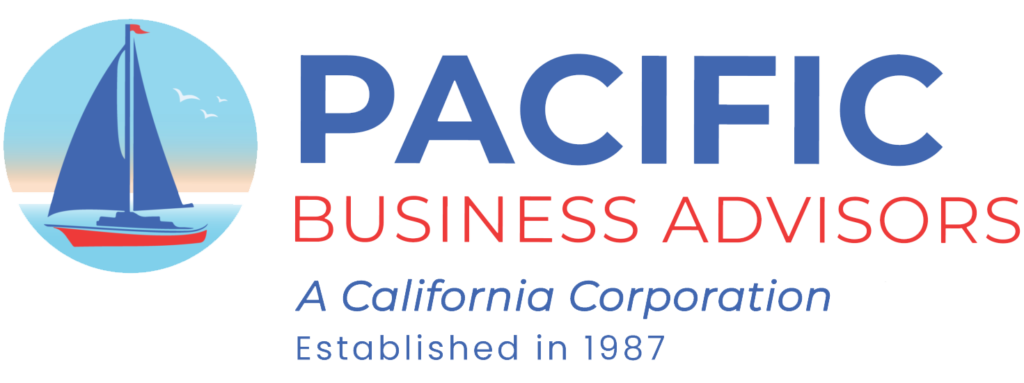

Glossary of Franchise Terms
Accounts Receivable Turnover
This is the ratio obtained by dividing total credit sales during an accounting period by average accounts receivable during that same period. The ratio indicates the number of times the receivables have been collected during the accounting period.
Aggressive Accounting
This can mean overstating revenue in order to increase net income, or overstating expenses in order to reduce taxable income. Sometimes losses are hidden within subsidiaries. Other times, capital expenditures are written off as expenses. Also called "cooking the books." Often the purpose is to inappropriately inflate the price of the stock.
Alligator Property
A real estate investment with a negative cash flow.
Area Development Rights
The rights by which a franchisee receives the right to develop or sell multiple franchise rights for the franchisor in a specific geographic area.
Asked Price
The price at which a security is offered for sale on an exchange or in the Over the Counter market. Also called the Ask Price, Asking Price and Offering Price.
Asset Based Loan
This is a loan normally secured by accounts receivable, inventory, or balance sheet assets such as machinery or equipment. Interest rates on Asset Based Loans tend to be lower than unsecured loans because the lender has collateral that can be seized and liquidated if the loan is not repaid when due. Asset Based Loans are made by Finance Companies and Commercial Banks.
Asset Test Ratio
See Quick Ratio.
Asteroid Event
This is an event that is nearly impossible to adequately prepare for, that occurs suddenly, and is a worst case scenario. It is the type of event that would likely make the corporation's stock price dive. An example would be the indictment of the CFO for securities violations.
Bear
A person who believes stock prices will decline. See Bull.
Bid
The price a prospective buyer is willing to pay for a security.
Bid and Asked
Bid is the highest price a prospective buyer is willing to pay for a security and Asked is the lowest price the seller will accept. Together, the two prices are a Quotation with the difference being the Spread. While the concept of Bid and Asked is involved in all trading of securities, the terms Bid and Asked almost always refer to unlisted OTC securities.
Board of Advisors
A Board of Advisors is an informal, less costly alternative to a Board of Directors. It is intended to enhance a firm's ability to grow, its credibility, and reputation. Unlike directors, advisory board members do not owe a fiduciary duty to the company and generally have no liability. Consequently, they do not require coverage, under a Directors and Officers Liability Policy and usually receive far less compensation than directors.
Call Price
The price at which a bond can be called or redeemed. It is generally higher than the par value with the difference being the Premium.
Call Protection
This is the length of time during which a bond cannot be called or redeemed. See Call Risk.
Call Risk
This is the risk to a bondholder that a bond may be redeemed before its maturity. The risk to the bondholder is that the bond cannot be replaced with the same yield because rates have declined. Bonds are called because they can be replaced at a lower cost.
Collection Ratio
This is the ratio of a firm's average accounts receivable to its average daily sales. Average daily sales are divided into average accounts receivable to determine the average number of days it takes to convert sales to cash. See Accounts Receivable Turnover.
Common Stock Ratio
This is the percentage of total capitalization represented by the common stock. A high percentage indicates a lack of leverage and a high degree of safety in the event of a liquidation. Companies with stable earnings can more safely leverage their capital structure so as to increase the return on capital.
PacificBusinessAdvisors.net
Office: 818-991-5200
Direct: 818-991-9019